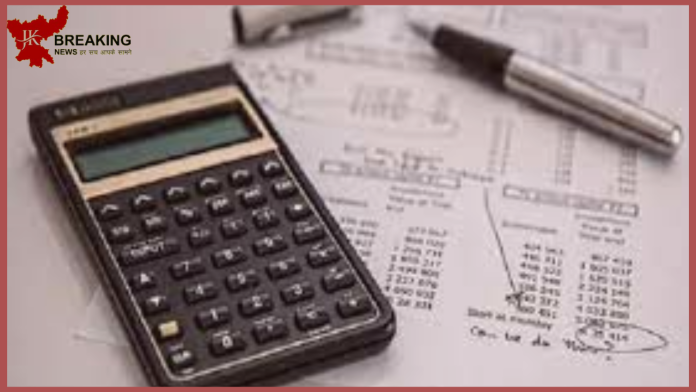The Income Tax Department has become very cautious about cash transactions these days. In the last few years, the Income Tax Department has tightened the rules for cash transactions for the general public on various investment platforms like banks, mutual fund houses, broker platforms, etc. Let’s know about it in detail.
Please tell that there are many such transactions, which are monitored by the Income Tax. If you do large cash transactions with banks, mutual funds, brokerage houses and property registrars, they have to inform the Income Tax Department. Let us know about 5 such transactions, which can put you in trouble.
Bank Fixed Deposit (FD):
If you deposit Rs 10 lakh or more in FD once or more than once in a year, the Income Tax Department can ask you about the source of the money. In such a situation, if possible, deposit most of the money in FD through online medium or through cheque.
Bank Savings Account Deposit:
If a person deposits an amount of Rs 10 lakh or more in cash in one account or more than one account in a financial year, then the Income Tax Department can question the source of the money. The maximum limit in current accounts is Rs 50 lakh.
Credit card bill payment:
Many times people also deposit the credit card bill in cash. If you deposit more than Rs 1 lakh in cash as a credit card bill at one go, then the Income Tax Department can question you. On the other hand, if you pay a credit card bill of more than Rs 10 lakh in cash in a financial year, you can also be asked about the source of the money.
Property Transaction:
If you do a big transaction in cash with the property registrar, then its report also goes to the Income Tax Department. If you buy or sell a property worth Rs 30 lakh or more in cash, then the information will go to the Income Tax Department on behalf of the property registrar.
Purchase of Shares, Mutual Funds, Debentures and Bonds:
If you do large amount of cash transactions in shares, mutual funds, debentures and bonds then you may face problems. Cash transactions in such instruments can be done only up to a maximum of Rs 10 lakh in a financial year. So if you have any plan to invest money in any of these, then the first thing to keep in mind is that you do not have to use large amounts of cash.


